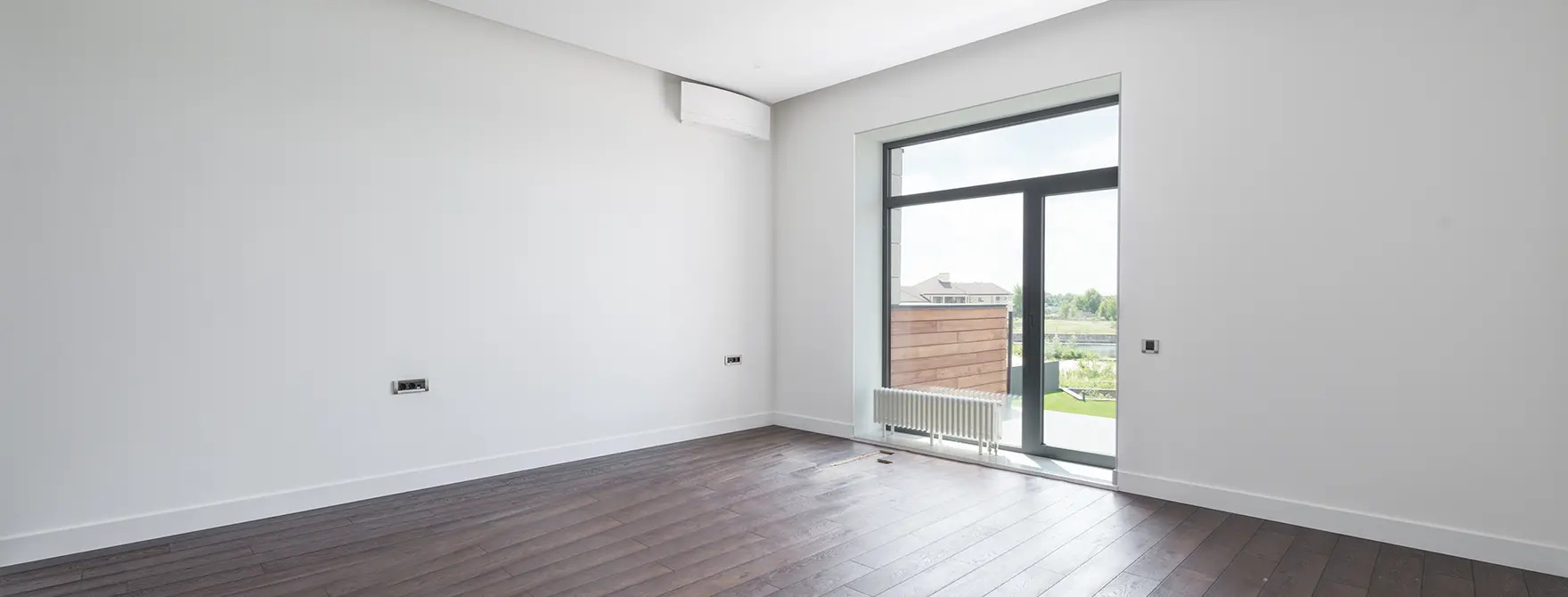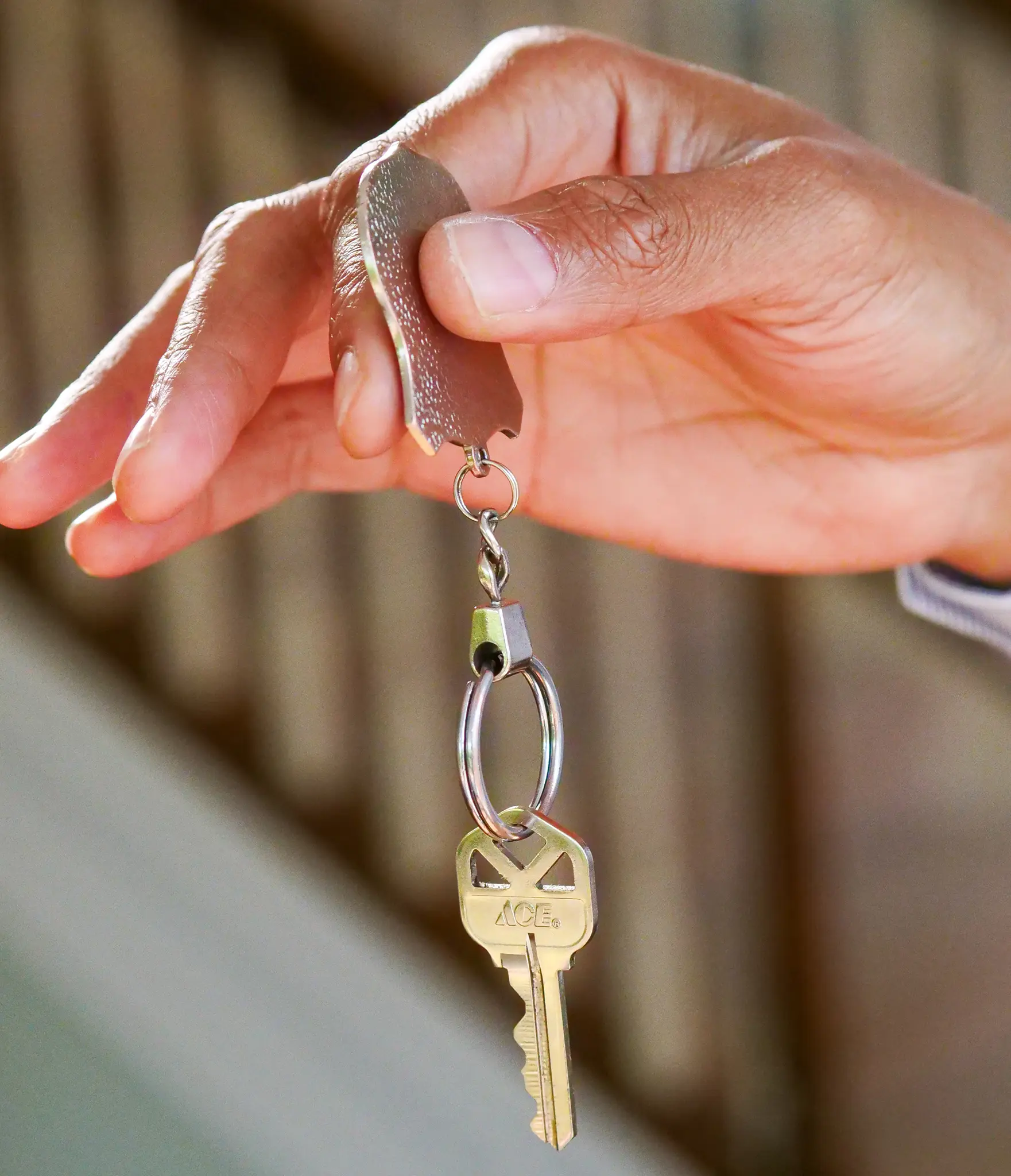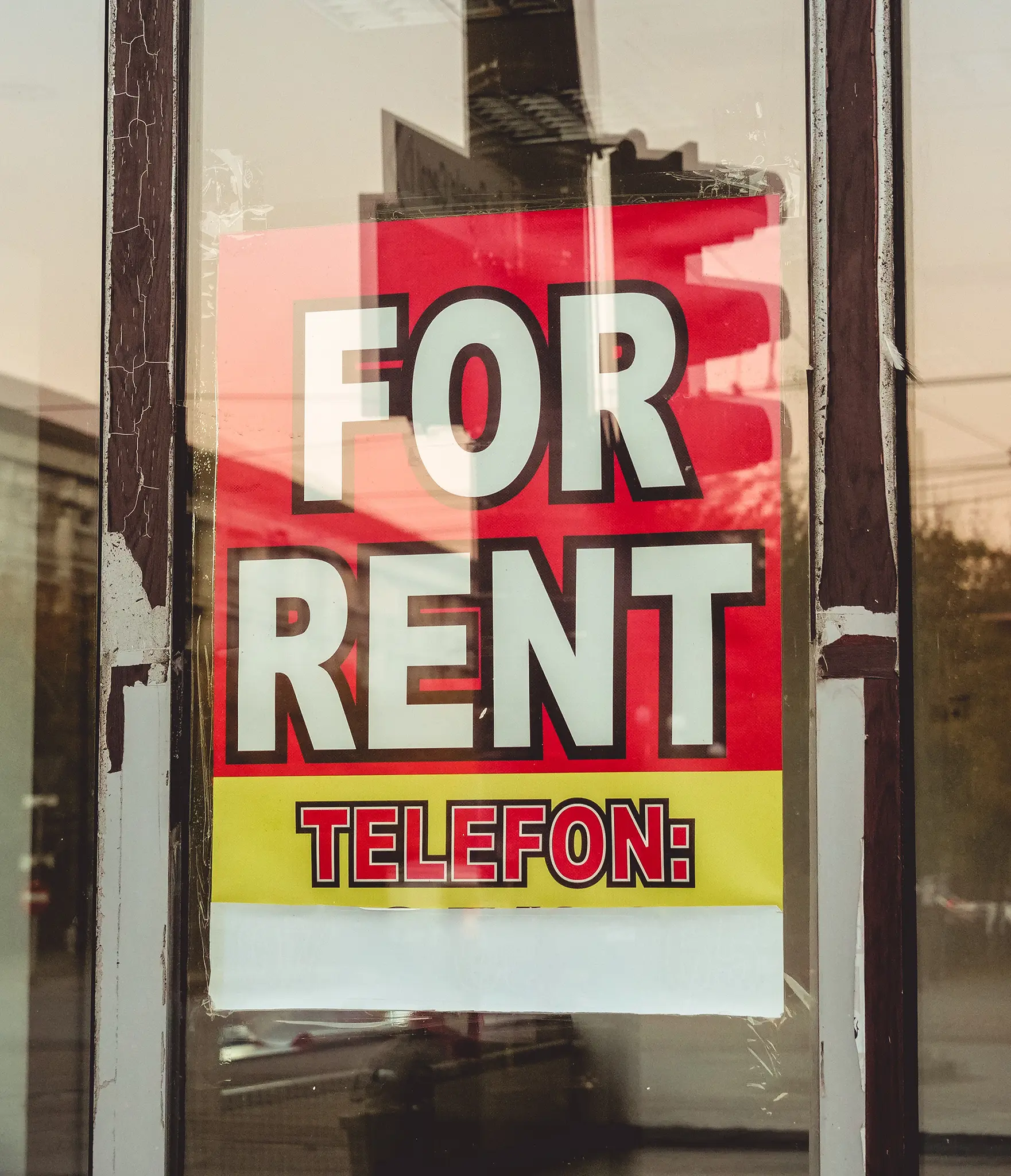
Landlord/Tenant Disputes in Pennsylvania
Under Pennsylvania law, landlords and tenants both have rights and obligations. Disputes can arise from a number of issues on either side, and Cornerstone Law Firm has experience helping both landlords and tenants. Whether you are a landlord or a tenant, our attorneys can help you to settle disputes and protect your rights.
Common Landlord/Tenant Disputes
Every case is different and there is no one-size-fits-all resolution. There are, however, similar types of cases. The most common types of landlord/tenant cases that we see include:
- Disputes over the security deposit—This can include withholding or failing to return the security deposit when the tenant moves out.
- Issues with paying rent—This can include making late payments or failing to make payments.
- Maintenance and repair issues—This can include failing to make repairs when needed or disregarding regular property maintenance.
- Disputes over the lease agreement—This can include a breach of the lease or a misinterpretation over portions (or all) of the lease.
- Disputes over eviction or termination—This can include retaliatory evictions or illegal evictions.
- Noise complaints and disturbances—This can include excessive noise, disruptive behavior, or invasion of privacy.
- Disputes over unauthorized tenants—This can include unauthorized occupancy or unauthorized subletting.
- Pet-related issues—This can include housing unauthorized pets or property damage caused by pets.
- Health and safety violations—This can include disregarding health and safety regulations or failing to maintain a habitable premises.
- Fair housing violations and discrimination—This can include illegally discriminating against someone based on race, religion, or disability.
How Landlord/Tenant Disputes are Resolved
Most landlord/tenant disputes are considered civil matters. In Pennsylvania, they will typically be settled in a Magisterial District Court. Depending on the scope of the case, some may be heard in the Court of Common Pleas. Landlord/tenant disputes do not usually go to trial, but if they do, it will likely be a bench trial before a judge, instead of a jury trial.
Mediation & Arbitration
Because most landlord/tenant disputes are over smaller matters, they can often be settled outside of court proceedings. Mediation and arbitration are both alternative ways to resolve the dispute. They can each be faster than court proceedings and cost less money.
Mediation allows both parties to collaborate and have some control over the resolution. Mediation is not legally binding, though, so either party can disregard the outcome. Arbitration, on the other hand, is less collaborative. In arbitration, a third party will be tasked with deciding the resolution. Arbitration is legally binding and may not be subject to appeal.
While mediation and arbitration can both be good alternatives, it’s best to discuss your case with an experienced attorney before making any decisions. Contact the attorneys at Cornerstone Law Firm for help with your landlord/tenant dispute.


Tenant Rights and Obligations
Under Pennsylvania law, tenants have rights for the following:
- A habitable environment—Landlords are required to maintain a habitable environment for tenants on any rental property. This includes keeping heat available in the winter, ensuring there is running water and properly dealing with rodent infestations. It also includes making any necessary repairs to floors, stairs, doors, windows, and leaking pipes.
- Reasonable accommodations—Tenants have the right to request reasonable accommodations for any special needs they may have. This may include requests for ramps, handrails, or other accessibility accommodations.
- Privacy & peaceful enjoyment—Tenants have the right to privacy and to enjoy their rental property without unreasonable interference from the landlord. Landlords may need to access the property for maintenance and repairs, but they should inform tenants prior to visiting the property.
- Due process or arbitration—In Pennsylvania, tenants have the right to seek due process or arbitration in court should a dispute arise between the tenant and the landlord.
- Withholding rent—Tenants may choose to withhold rent payments to the landlord by paying rent into an escrow account if a landlord has breached the terms of the lease. This may happen if a maintenance request has been ignored or a utility that the landlord is responsible for paying has been shut off after the tenant has sent proper payment.
- Freedom from retaliation—Pennsylvania offers some protections to tenants from landlord retaliation, though the specifics differ between municipalities.
In addition to rights, tenants also have obligations. They are required to uphold their obligations under the lease agreement, or they risk eviction proceedings. Tenants must also permit access to landlords when repairs or maintenance are required. Tenants must pay rent as agreed upon when signing the lease. Some rental properties may require tenants to pay for certain utility fees. Any other obligations should be spelled out in the lease agreement.
If you are in the middle of a landlord/tenant dispute, contact Cornerstone Law Firm. Our attorneys have experience with defending the rights of both landlords and tenants.
Landlord Rights and Obligations
In much the same way that tenants have rights and obligations, landlords do as well. Pennsylvania protects the following landlord rights:
- Receiving rent payment—Landlords have the right to receive rent payments in full, on time, and through the medium(s) established by the lease agreement.
- Accessing the rental property for maintenance and repairs—Pennsylvania protects the landlord’s right to access the rental property for maintenance, inspections, and repairs as long as the landlord gives proper notice to the tenant.
- Charging fees for late payments, damage, and more—Landlords have the right to charge additional fees for late rent payments, property damage, and bounced checks. Information about these additional fees should be covered in the lease agreement.
- Retaining security deposits to cover certain expenses—If a landlord chooses to collect a security deposit, he or she has the right to retain that deposit to cover expenses like unpaid rent and damage to the rental property. As with additional fees, information about the security deposit should be covered in the lease agreement.
- Evicting tenants for lease violations, non-payment, and more—Landlords have the right to evict tenants that have broken their lease or neglected to pay rent. In some instances, landlords can also evict tenants when the lease has expired.
Obligations for landlords include maintaining a habitable rental property and respecting tenants’ privacy rights. Landlords must notify tenants when they wish to access the property for maintenance or repairs. They must also provide notice for eviction proceedings. Different types of leases have different types of eviction notice requirements but failing to notify tenants of an eviction can stop eviction proceedings.
